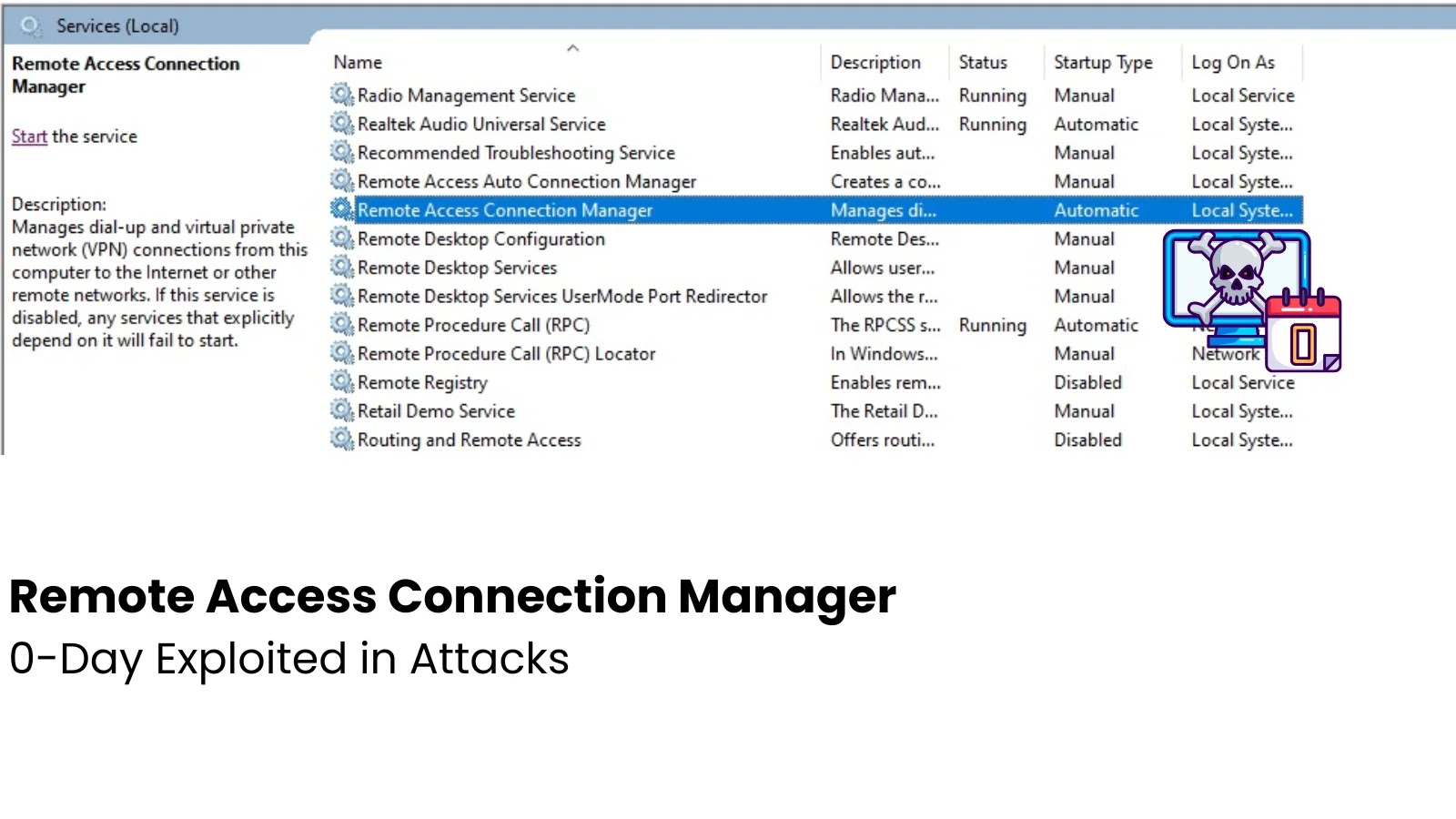A recently identified vulnerability in Microsoft’s Identity Web package has raised concerns over the potential exposure of sensitive client secrets and certificate information within service logs. This flaw, designated as CVE-2025-32016, affects versions 3.2.0 through 3.8.1 of the Microsoft.Identity.Web library, prompting Microsoft to issue an urgent advisory.
Understanding Microsoft.Identity.Web
Microsoft.Identity.Web is a NuGet package designed to streamline Azure Active Directory authentication for .NET applications. It is widely utilized in confidential client applications, including daemons, web applications, and web APIs, to facilitate secure authentication processes.
Details of the Vulnerability
The vulnerability arises under specific conditions where sensitive authentication information is inadvertently logged. The exposure occurs when:
– Log Level Configuration: Logs are generated at the Information level within the Microsoft.Identity.Web namespace.
– Credential Descriptions: Logs contain credential descriptions that include local file paths with passwords, Base64 encoded values, or client secrets.
– Invalid or Expired Certificates: Logs record services using invalid or expired Base64 encoded certificates or certificate paths with password credential descriptions.
Under these circumstances, sensitive information such as client secrets or certificate details may be exposed in the service logs of affected applications. This exposure poses a significant security risk, especially if service logs are not adequately protected.
Risk Assessment
The vulnerability has been assigned a CVSS 3.1 score of 4.7, categorizing it as a moderate severity issue. The actual impact depends on how service logs are managed and protected within an organization. If logs are accessible to unauthorized individuals, the risk of credential compromise increases substantially.
Affected Versions
The following versions are impacted by this vulnerability:
– Microsoft.Identity.Web: Versions 3.2.0 up to, but not including, 3.8.2.
– Microsoft.Identity.Abstractions: Versions 7.1.0 up to, but not including, 9.0.0.
Mitigation Measures
To address this vulnerability, Microsoft has released updated versions of the affected packages:
– Microsoft.Identity.Web: Version 3.8.2
– Microsoft.Identity.Abstractions: Version 9.0.0
These updates prevent the logging of sensitive authentication information under the specified conditions.
Recommended Actions
Organizations utilizing the affected versions should take the following steps:
1. Update Packages: Immediately upgrade to the patched versions to mitigate the vulnerability.
2. Review Logging Practices: Ensure that service logs are handled securely with restricted access to prevent unauthorized viewing of sensitive information.
3. Adjust Log Levels: Avoid setting the log level to Information for the Microsoft.Identity.Web namespace, especially in production environments.
4. Credential Management: In production settings, refrain from using ClientCredentials with CredentialDescriptions where CredentialSource is set to ClientSecret, Base64Encoded, or Path.
Alternative Security Measures
For enhanced security, consider the following practices:
– Use Secure Certificate Storage: Utilize certificates stored in Azure Key Vault or a secure certificate store to manage credentials safely.
– Implement Robust Access Controls: Ensure that access to logs and sensitive information is strictly controlled and monitored.
– Regular Security Audits: Conduct periodic reviews of logging configurations and credential management practices to identify and rectify potential vulnerabilities.
Conclusion
The discovery of CVE-2025-32016 underscores the importance of vigilant security practices in application development and maintenance. By promptly updating to the latest versions of Microsoft.Identity.Web and Microsoft.Identity.Abstractions, and by implementing the recommended security measures, organizations can protect sensitive client secrets and certificate information from potential exposure.



